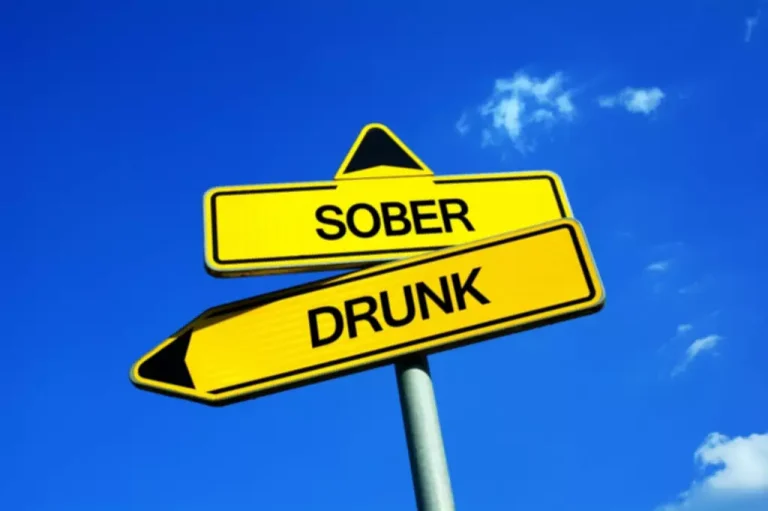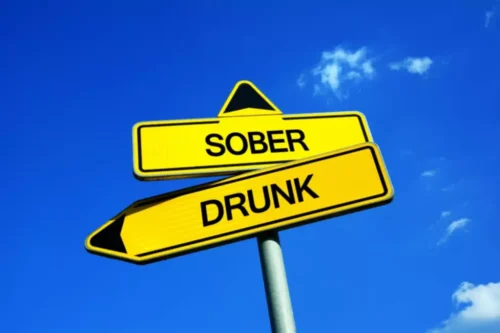
A person does not have to drink every single day to have an alcohol problem. A person can suffer from alcoholism if they drink up to 14 drinks a week (14 for men, seven for women) or three to four drinks a day. Heavy drinking and alcoholism are characterized drug addiction treatment by how much a person drinks not when they drink.

Alcohol use disorder resources

Whether it be on the weekends or just a few days a week, a person’s heavy drinking patterns are what describes alcoholism. Heavy drinking can put you at risk for health problems such as heart disease, stroke, liver disease, sleep problems, and some types of cancer. One of the reasons why alcohol myths persist is that they often seem to make sense on the surface. For example, when someone drinks coffee after a night of heavy drinking and suddenly feels better and more alert, it’s understandable to think that can help them sober up.
- Food in your stomach can delay the absorption of alcohol into your bloodstream, potentially reducing the peak blood alcohol concentration.
- A.D.A.M., Inc. is accredited by URAC, for Health Content Provider ().
- This could explain why some believe in the sequence of drinking beer before liquor.
- A 2015 study involving 561 students found that children who drank alcohol before sixth grade were more likely to abuse alcohol when they reached ninth grade.
- Popular media often portrays drinking as an inherently social and enjoyable activity.
Myth: If someone has a stable job and family life, they can’t be suffering from addiction.
The 2016 National Drug Strategy Household Survey revealed that 82% of year-olds avoided alcohol. This article debunks several of the most common myths regarding alcohol that have grown as time passes. Read on to discover the truth about the myths you could have heard about alcohol.
MYTH: Most teen deaths related to alcohol are from drunk driving.
Although great attempts of alcoholism myth-busting have been made, unfortunately, the world is still opinionated over alcoholism, without knowing the full story. Here are some of the alcoholism myths which still, unfortunately, exist, overbearing the actual facts. If you’re concerned about your myths about alcoholism alcohol use, it’s important to consult with a healthcare professional.


Your liver can only metabolize around one standard drink per hour. So while cold showers, hot coffee, and fresh air might feel a little refreshing to someone who has been drinking all night, none will make you sober. Problem drinking isn’t about what type of alcohol you drink, nor is it about on which days you drink. If you or someone you love is binge drinking every Friday and Saturday night, it could signal a https://ecosoberhouse.com/article/drug-detox-process-and-side-effects/ problem with alcohol.
- It takes about 2 hours for the adult body to eliminate the alcohol content of a single drink, depending on your weight.
- Regardless of the guidelines, drinking can be problematic if it results in negative feelings, choices, or outcomes, which is highly individualistic.
- While some studies have suggested potential cardiovascular benefits from moderate drinking, the relationship between alcohol and heart health is complex and not fully understood.
- While it’s true that you might be able to drink liquor faster than beer, what really matters is how much actual alcohol is in your system, not the type of beverage.
- But addiction does not discriminate by age, ethnicity, gender, or socioeconomic background.
- Although people turn to alcohol to reduce anxiety, distract their minds, and boost their moods, it’s important to remember that alcohol is ultimately a depressant.
However, there’s a myth about this that keeps floating around. People often hear that shaking a martini will “bruise” the gin. As many professional bartenders can tell you, this myth is laughably wrong.

Recent Comments